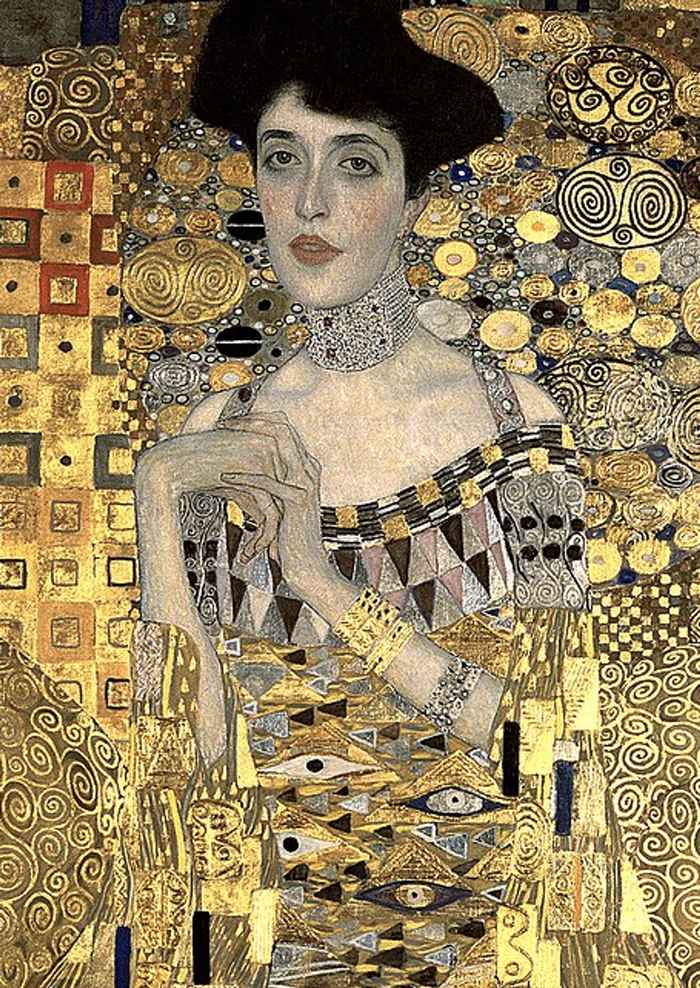Honoursmodule: Nazi Art Theft and the Question of Restitution

What happened with art collections during World War II? How did the Nazis organise the biggest art theft of all times and why did the Netherlands play such an important role in it? Why did it take until the new millennium before attempts were made to start doing justice? What are the challenges of provenance research and why is the current restitution of these art works to their rightful owners such a complex societal issue?
A dynamic research field, which has been in full swing these past two decades, is the focus of this Honours module: Nazi art theft, and today’s restitution challenges of returning this art to the rightful owners.
Although looted art is of all times, research in this field has developed a new urgency since the late 1990s, when 44 countries agreed to identify Nazi-looted art and establish a restitution policy. It turned out that there was - and still is - much Jewish property in museums, some historians speak of the biggest art theft of all times. In recent years, such artworks are claimed by their former owners or their heirs on an almost weekly basis. In these cases, the question always arises as to what extent they can be considered 'looted art’ or not.
But why is the question of art restitution still an unresolved issue, so many years after World War II? This question, as well as recent cases, societal debates, and developments in different contexts of art theft and restitution, will be discussed in the course. It combines (art) historical, museological, ethical, and legal aspects.
Besides having a historical and theoretical basis, more practical skills with regard to object-based and archival provenance research will also be part of the module. After all, without provenance research, which reconstructs the circumstances of the loss of possessions, restitution cannot take place. Guest speakers from various disciplines and institutes will give lectures: philosophers, lawyers, (art) historians, and researchers from the restitution committee and museums.
Timetable
We now expect that all lectures can take place on-campus. In case the situation changes, you will be notified. You can find the timetable on Datanose.
Registration
Registration is possible for 2nd year (or higher) students participating in an Honours programme. The registration for the Honours courses will start on November 29, 10 am - December 6, 11 pm, You can register through the online registration form that will appear on Honoursmodules IIS. (registration is NOT through SIS or GLASS).
Please note: There is no guarantee for placement if you register after 6 December, so make sure you register on time. You will hear which course(s) you are registered for before 20 december. For questions about registration, please contact us at Honours-iis@uva.nl.
More information
- Mode
- Honours programme
- Credits
- 6 ECTS,
- Language of instruction
- English
- Starts in
- February